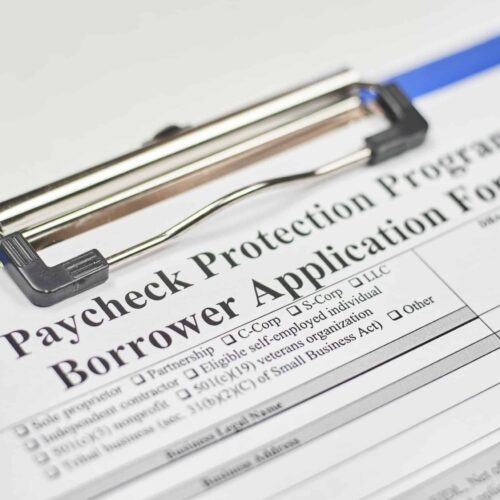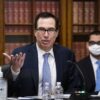Introduction
A federal judge on Thursday ordered the Small Business Administration to release detailed information about roughly $600 billion in loans to small businesses affected by the COVID-19 pandemic, including the names of the recipients and the loan amounts. The ruling came in a lawsuit filed by the Center for Public Integrity in June.
The information is from the Paycheck Protection Program (PPP) and includes names of businesses, their addresses, and the amount of money the SBA loaned to them, among other data. The SBA had released that information for businesses receiving loans of more than $150,000 but had retained it for businesses receiving money for less than that amount. The majority of the loans the SBA underwrote were for less than $150,000. Congress authorized the SBA to loan as much as $700 billion.
District Judge James Boasberg rejected the SBA’s arguments that the information was “proprietary,” “confidential” and an invasion of the borrowers’ privacy. He found that disclosure of the loan amounts does not reliably reveal the borrowers’ monthly payroll, as SBA had maintained.
While Boasberg recognized that the borrowers have a “narrow” and “limited” privacy interest at stake, he wrote, “In these circumstances, the weighty public interest in disclosure easily overcomes the far narrower privacy interest of borrowers who collectively received billions of taxpayer dollars in loans.” He noted that disclosure could shed light on possible inequities in who received the loans and on potential fraud by borrowers.
The PPP was intended to provide forgivable loans of up to $10 million to small businesses with fewer than 500 employees that had suffered economically from the COVID-19 pandemic. Another SBA program, the Economic Injury Disaster Loan program, also lends up to $2 million to individual businesses. (Public Integrity, which has fewer than 50 employees, applied for and received $658,000 under the PPP program. Full disclosure here.)
Public Integrity has used the available data to report on who have received PPP loans, including a Las Vegas telemarketer whose former companies were investigated by the Federal Trade Commission for possible “unfair or deceptive acts,” a company with longstanding financial problems unrelated to the coronavirus, and business people with political ties to President Donald Trump.
Public Integrity’s lawsuit was consolidated with a separate action brought by The Washington Post and 10 other news media organizations, seeking the same information from the SBA. Boasberg issued an opinion that jointly decided both cases. He has ordered the SBA to release the loan information by Nov. 19.
Read more in Health
Coronavirus and Inequality
Task force doubles down on rapid testing strategy to fight the coronavirus
Some states say they don’t have the supplies to comply with the federal government’s advice.



Join the conversation
Show Comments